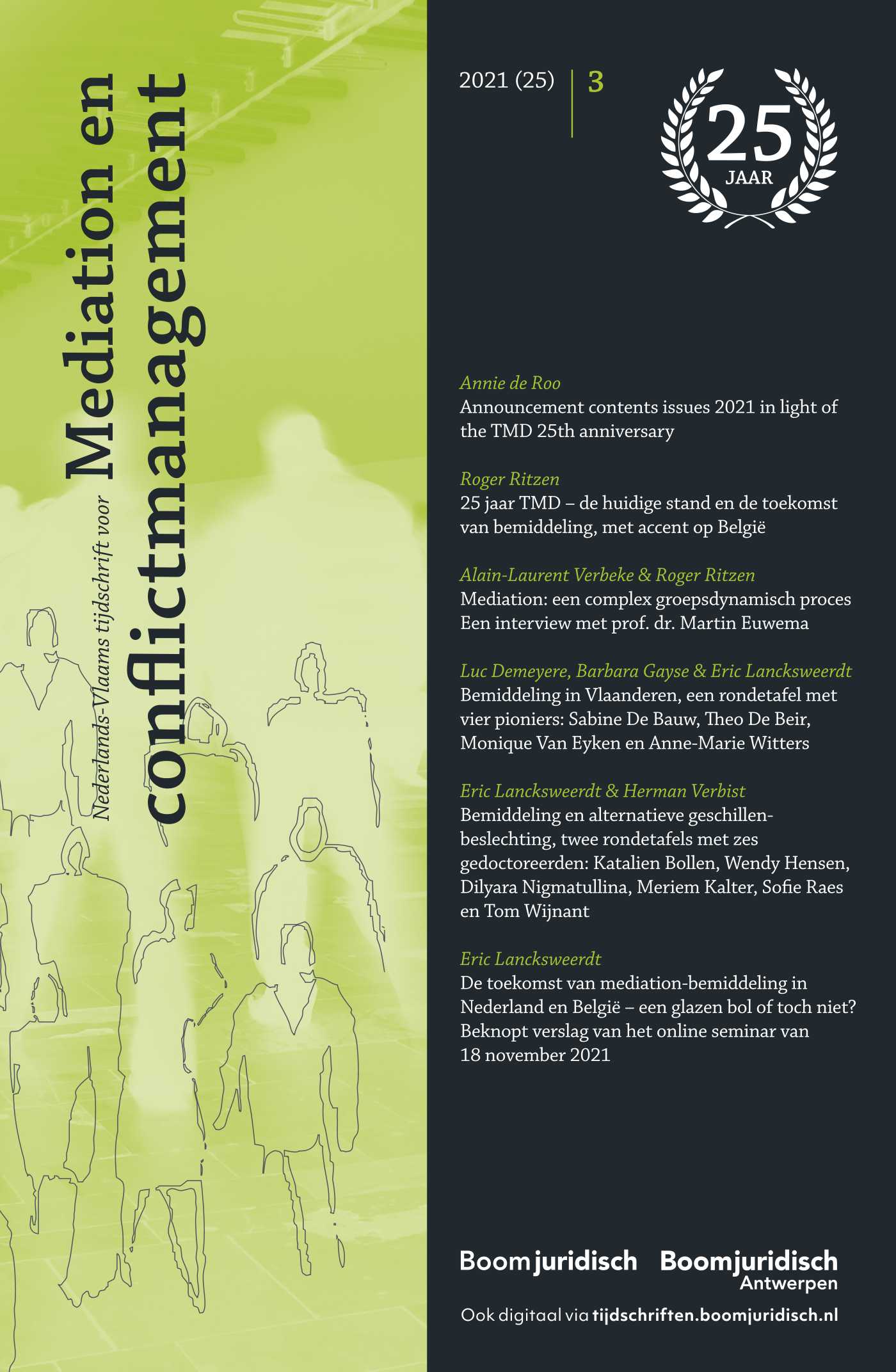|
Inclusive mediation involves a mediator whose neutrality is based on involvement with both sides of the dispute, and whose normative references are implicit; he or she is an insider. Exclusive mediation, on the other hand, involves a third party whose neutrality derives from his knowing neither disputant, and whose references to norms are explicit; an outsider, so to speak. The concepts of inclusive and exclusive mediation have been introduced by the anthropologist Carol Greenhouse in the 1980s. Inclusive mediation heavily relies on local knowledge and local ties, and its orientation can be labelled as horizontal. Basically, it fits small-scale societies, while exclusive mediation is more common in Europe and the United States. This article is about dispute settlement in an indigenous community in the Ecuadorian highlands, were I have encountered a unusual mixture of both forms: a local teniente político who applies inclusive as well as exclusive aspects of mediation at the same time. |


Nederlands-Vlaams tijdschrift voor mediation en conflictmanagement
Meer op het gebied van Mediation en herstelrecht
Over dit tijdschriftMeld u zich hier aan voor de attendering op dit tijdschrift zodat u direct een mail ontvangt als er een nieuw digitaal nummer is verschenen en u de artikelen online kunt lezen.
| Redactioneel |
Interventies van onderop – de toekomst? |
| Auteurs | Annie de Roo en Eric Lancksweerdt |
| Auteursinformatie |
| Artikel |
Lokale rechtspraak in de hooglanden van Ecuador. Een bijzonder voorbeeld van inclusieve mediation |
| Trefwoorden | Conflictoplossing, Inclusieve mediation, Ecuador, Inheems gewoonterecht |
| Auteurs | Marc Simon Thomas |
| SamenvattingAuteursinformatie |
| Artikel |
A comparative analysis of the Dutch specific instance procedure |
| Trefwoorden | Dutch specific instance procedure, National Contact Point, OECD, MNE Guidelines |
| Auteurs | Sander van ’t Foort en Joseph Wilde-Ramsing |
| SamenvattingAuteursinformatie |
|
This article investigates the functioning of the Dutch National Contact Point (NCP) during the specific instance procedure based on shared experiences of parties involved in a specific instance procedure, the stipulations of the OECD’s Guidelines for Multinational Enterprises and the Dutch Government Decree 2014. NCPs function as a unique implementation mechanism of these guidelines by providing mediation and conciliation services during specific instance procedures. The recent debate in the Netherlands on the functioning of the Dutch NCP and the lack of rigorous up-to-date research necessitate further research on this topic. Hence, this article shares more in-depth knowledge about the functioning of the Dutch NCP, contributes to the ongoing debate in Parliament and in the OECD on the functioning of NCPs, and presents suggestions for further improvement. |
| Artikel |
New mediation rules of the International Chamber of Commerce of 2014 |
| Trefwoorden | ICC, Mediation rules, Conciliation, ADR |
| Auteurs | Herman Verbist |
| SamenvattingAuteursinformatie |
|
In this article Herman Verbist analyses the new ICC-rules of 1 January 2014. He gives a historical overview of the ICC mediation rules and reflects on the comtemporary rules based on modern mediation practices. Also he gives clear tools for mediation procedures. |
| Artikel |
De inzet van Eigen Kracht-conferenties bij echtscheiding in België |
| Trefwoorden | Eigen Kracht-conferentie, Family Group Conferencing, Scheiding, Eigen regie |
| Auteurs | Mirjam Beyers en Suzan Langenberg |
| SamenvattingAuteursinformatie |
|
In their article Mirjam Beyers and Suzan Langenberg discuss the possibilities of family group conferencing in case of divorce. They start their article with an introduction to the phenomenon of family group conferencing. |
| Artikel |
De kracht en beperkingen van cirkelgesprekken in het HERstelgericht GroepsOverleg (Hergo) in Vlaanderen |
| Trefwoorden | Herstelrecht, Minderjarige verdachte, Hergo, Cirkelgesprek |
| Auteurs | Bie Vanseveren en Inge Vanfraechem |
| SamenvattingAuteursinformatie |
|
In this article Bie Vanseveren and Inge Vanfraechem outline and discuss the practice of a Hergo with juveniles in Belgium. |
| Artikel |
Een empirisch onderzoek naar mediation bij overdracht en opvolging binnen familiebedrijven (in België) |
| Trefwoorden | Familiebedrijf, Mediation, Opvolging/overdracht, Conflict |
| Auteurs | Tim De Greef |
| SamenvattingAuteursinformatie |
|
This research aims to explore empirically (method: questionnaire) the usefulness of mediation as a technique of external conflict management in the event of a family business transfer. More specifically, the research intents to verify if the conditions of application, the consequences and the benefits of mediation as described in general literature apply to the context of a family business (transfer), since Prince underlined 25 years ago that research is required to develop: ‘a system of intervention that employs the concepts, techniques, and logic of mediation that apply to the unique aspects of family business’. Results of the own research showed that mediation was an adequate technique of external conflict management in the context of a family business transfer and that it was more successful than consulting, defined as other techniques of external conflict management, in the researched cases. Furthermore, the research found indications that mediation is an adequate technique beyond the researched cases. |
